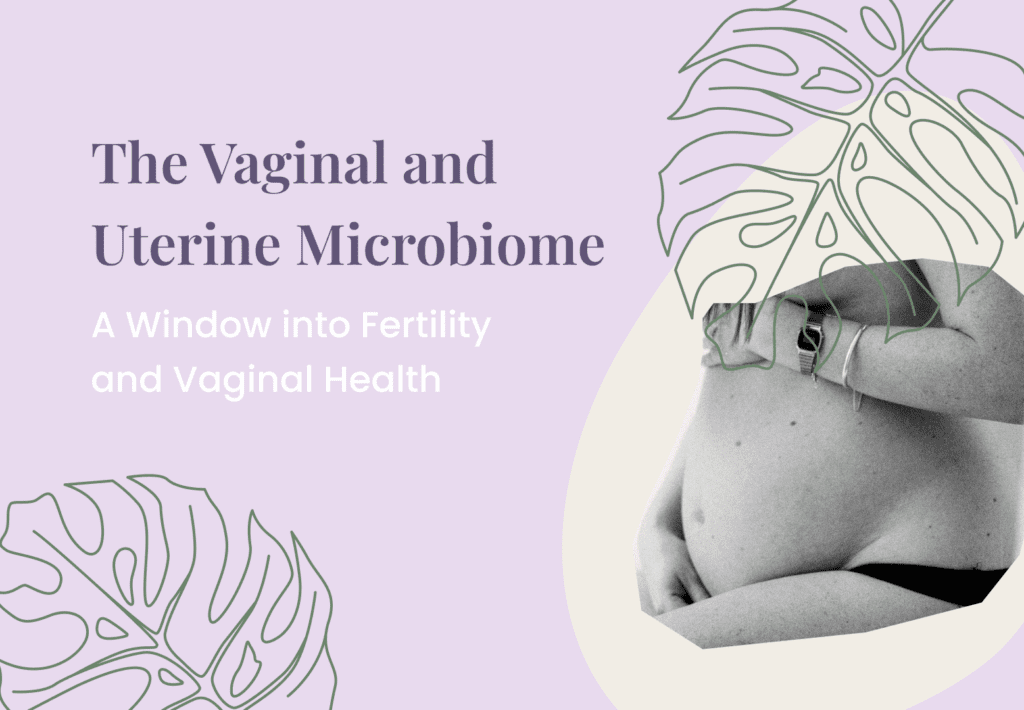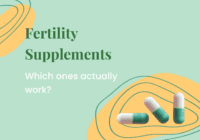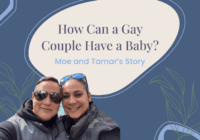So you’re a biological woman between the ages of 25 and 45, and you’re starting to think about your fateful ‘biological clock’.
Maybe you want kids, or you’re not really sure yet. Maybe you haven’t found the right partner, are dealing with health issues, or just aren’t ready. But you’d like to have the option to have a child at some point, and the last thing you want is to regret missing your window.
You’ve probably heard about women freezing their eggs, but you may or may not have ever considered it as a serious option for you.
Still, somehow, you’ve found yourself here, asking your journal or your loved ones, Should I freeze my eggs? When is the best age to freeze my eggs? What’s the process like? How much does freezing my eggs cost? What are my chances of success?
Allow us to help. This article is here to make this big life decision a little easier. Keep reading and we’ll break it all down for you, plain and simple.
What is social egg freezing?
In recent decades across much of the Western world, more women are having children later in their reproductive lives. Of course, such a social shift doesn’t come without its risks, from age-related infertility, to complications during pregnancy and birth.
But there’s a potential solution. The relatively new technology of social egg freezing, also called elective egg freezing, allows women to preserve their healthy young eggs for potential use in the future.
It’s important to note that freezing your eggs does not deplete your ovarian reserve. Only the mature eggs for a given month can be retrieved for egg freezing, so you won’t be losing your supply of future eggs by freezing some now.
For more details, see this Social Egg Freezing explainer page on our website.
What is the egg freezing process?
The first step is speaking to your family doctor and booking an appointment with a fertility clinic to learn about the process.
The process requires around 10–14 days and can be spread over 2-6 weeks.
The first 8-12 days, you’ll take daily injections of medication and hormones to stimulate your ovaries’ egg production, which will be monitored with ultrasounds and bloodwork.
After 34 – 36 hours comes the egg retrieval. For this, the doctor will use a transvaginal ultrasound probe to find your ovaries’ mature follicles, and then use suction to retrieve each egg individually. You’ll need 1-2 days to rest after this procedure.
Then, your eggs will be stored at your fertility clinic for up to 10 years, where they can always be moved to another site if necessary.
For more information on our egg freezing process at Dr. Tanya Williams Fertility Centre, see the Social Egg Freezing page on our website.
Now, let’s talk about the reasons for and against freezing your eggs, to give you a clearer picture.
Why should I freeze my eggs?
It’s a bad time in your career
You might relate to this one, but contrary to popular belief, career is not a common motivation behind social egg freezing. A study in the Journal of Psychosomatic Obstetrics & Gynecology found it was rare for women freezing their eggs to be motivated by the desire to advance their career.
More commonly, women chose to freeze their eggs because of an absence of the “life conditions” they perceived as necessary to have a child.
You don’t have a suitable partner
We all know the trope of women reaching their 30’s and, worried they’re running out of time to have children, scrambling to find a partner.
Around two-thirds of the women in a study froze their eggs to avoid “panic partnering”, or rushing into a relationship with someone they wouldn’t have otherwise chosen to avoid being childless later.
Freezing your eggs not only leaves the door open to have a child in the future, but it can help you avoid settling with the wrong person now because of a perceived time crunch.
You’re worried about regret
Even if you’re not sure about kids now, you might find the age-related infertility statistics alarming enough to do some pre-planning.
Over a third of women in a study worried that they might later regret not freezing their eggs, especially if they couldn’t get pregnant in the future.
As a study participant said, “If I had not had any eggs frozen, but I had thought about doing it, I would have absolutely kicked myself. I would probably never have forgiven myself”.
You have health issues
Although the term “social egg freezing” implies a non-medical motivation, in a research study more than 20% of women were also influenced by an underlying fertility or health issue. Amongst this pool of women were health issues including endometriosis, polycystic ovary syndrome, blocked fallopian tubes, and the perceived risk of premature menopause or serious illness.
If you have a health condition that could significantly decrease your egg supply or quality, freezing your eggs early can help you save the most viable ones for when you need them.
You’re not ready to have children yet
For many women, the biological clock feels like a ticking time bomb pushing them to do something they’re simply not ready to do. Whether it’s for emotional or other reasons, freezing your eggs can take the pressure off and give you back the choice to have children on your own timeline.
Right now, you may be nodding your head and thinking, This all makes sense, but I still feel hesitant. What’s the other side?
We understand. Here are some reasons you might not want to freeze your eggs.
Why shouldn’t I freeze my eggs?
It’s expensive
Unfortunately, in Canada, egg freezing is not covered by government health insurance.
According to a study in the Canadian Medical Association Journal, freezing eggs in Canada costs $9,000 – $17,000 per cycle, with $3,000 – $8,000 in medication costs potentially covered by private insurance.
You’ll also incur $300 – $500 for annual storage, as well as further fees when you go back to use the eggs, including for thawing, fertilization, and embryo transfers.
It’s emotionally and physically taxing
The processes of egg freezing and IVF can be an emotional and physical burden.
One UofT Medical Resident sharing her journey said, “It became more challenging after the procedure, when I woke up with terrible cramping for several nights in a row. Physically, that was the hardest part of my journey.”
There’s also the potential emotional toll of days of hormone injections and the significance of the decision itself. We’re not saying the outcome isn’t worth it, but the journey is not exactly a walk in the park.
You may need to do multiple cycles
Depending on your age and health, you’ll need to retrieve a fair amount of eggs to have the best chance of successful pregnancy and birth.
One cycle of egg stimulation and egg retrieval will produce different numbers of eggs depending on your age, your ovarian reserve, and how you respond to stimulation.
According to recent data, a 34-year-old must freeze 10 eggs for a 75% chance of having one live birth. However, at 37 years of age, she must freeze 20 eggs, and at 42, she must freeze 61 for the same chance of success.
That means that you might need to repeat the process for multiple cycles to collect the desired number of eggs.
Essentially, if one IVF treatment cycle sounds like hell to you, know that you might have to prepare yourself for a few more.
It may not work
For some people, knowing that undergoing this whole effort does not guarantee a baby can be a conversation ender.
Egg freezing does have fairly high success rates. A study published in Fertility and Sterility suggests that about 70% of women who froze their eggs before 38 and thawed at least 20, later had a baby.
Unfortunately though, even when using young, previously frozen eggs, older women have an increased risk of pregnancy and birth complications. This means that freezing your eggs at any age does not guarantee having a successful live birth in the future.
When is the best age to freeze my eggs?
If you do decide to take the leap, and time is on your side, there is an optimal age range to consider for the best chances at a successful live birth.
A research study showed that the highest live birth rates occurred in women who had the procedure before age 30. That said, as an early 20 year-old, you probably won’t know if you’ll ever need to use frozen eggs, as you may get pregnant naturally.
Realistically, women are making the call to freeze their eggs at an average age of 37, and many wait until their late 30s and early 40s. But ideally, the best age to freeze your eggs is before age 36 to increase the chances of having a successful live birth.
The Balance
The purpose of this article is not to convince you one way or another. We want to clearly lay out the reasons why you may, or may not, want to freeze your eggs, so you can start reflecting on which choice is right for you.
If you’re thinking about freezing your eggs, talk to your family doctor about working with Dr. Tanya Williams Fertility Centre. We’ll be happy to support you through the egg freezing process and the rest of your family building journey.
Discover more related blogs from Dr. Tanya Williams Fertility Centre:
How Does Egg Freezing Really Work? 11 Things You Should Know
Is it Harder to Get Pregnant After Birth Control? 4 Must-Knows




